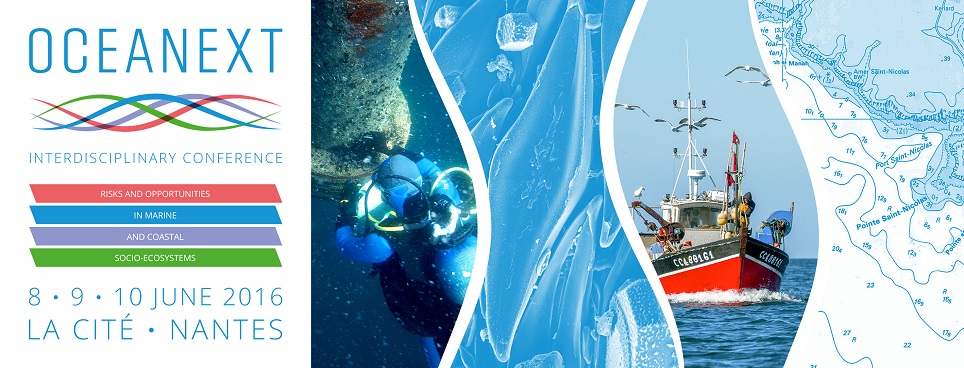In many parts of the world, commercial bivalves, harvested or cultured, have been struck by mass mortality episodes due to climatic and/or anthropogenic stressors whose causes and consequences are not always clearly understood. This has particularly been the case during the last few decades, and such outbreaks resulted in a range of responses from fishers or farmers. In the present study, six commercial bivalve fisheries affected by mass mortalities from different parts of the world were analyzed using the I-ADApT (Integrated Marine Biogeochemistry and Ecosystem Research - Assessment based on Description and responses and Appraisal for a Typology) Framework. Specifically, I-ADApT was used to assess the impacts or consequences of these perturbations on the natural, social and governing systems, and the consequent collective and individual responses of the stakeholders (users, managers, states) to these events. The comparative analysis provided a basis for the appraisal of adaptive responses and their likelihood of success by combining the characteristics of their natural, social and governance settings. Common stressors increasing the vulnerability of bivalve ecosystems to mass mortalities were identified (e.g., increasing sea surface temperature and salinity, nutrient-enriched waters, acidification), but cannot themselves explain why social responses may succeed or fail to sustain the local farming or fishing industries. Social capital of the local communities and governability were key factors of resilience and adaptation to environmental changes affecting marine bivalve systems.

 PDF version
PDF version
